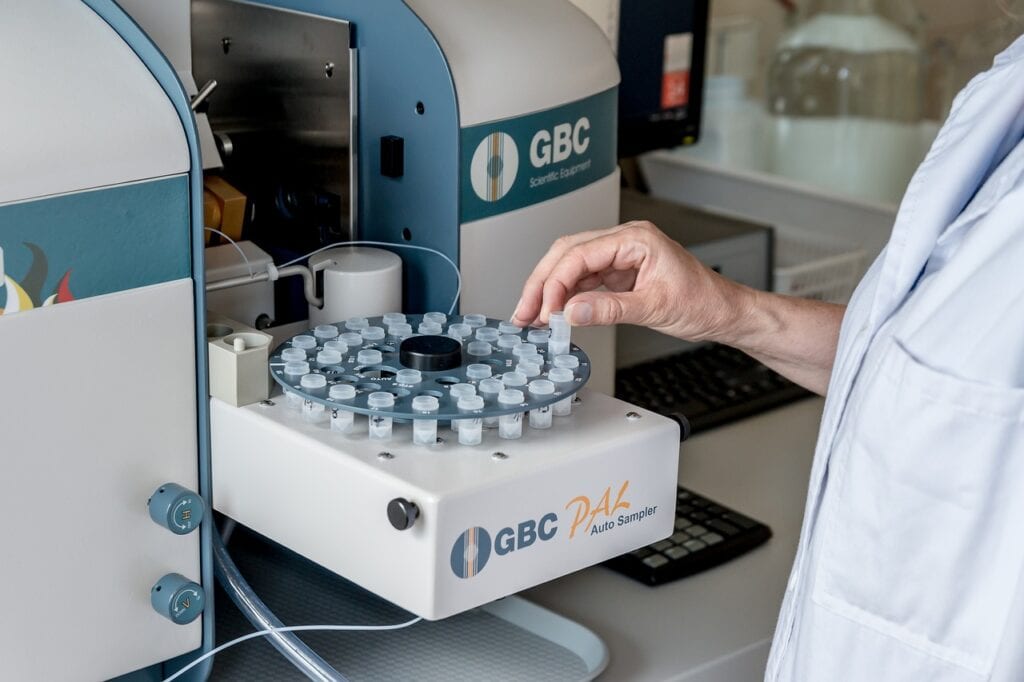According to a story from UNC Health Care, the Belgian drug company Argenx recently announced that its investigational treatment efgartigimod has performed well in a phase 3 clinical trial. The drug is being developed as a treatment for generalized myasthenia gravis and the company hopes to get approval for the medication from the US Food and Drug Administration (FDA) by the end of the year.
About Myasthenia Gravis
Myasthenia gravis is a long term autoimmune disease that is most characterized by weakness of the skeletal muscles which can affect a patient’s ability to move and breathe. As an autoimmune disease, myasthenia gravis is ultimately the result of abnormal immune system behavior in which the system attacks normal body tissue. In this disease, the immune system produces antibodies that inhibit regular neuromuscular function. Symptoms of the illness include muscle weakness that worsens after activity and gets better after resting. This weakness may affect the face, eyes, neck, breathing, and limbs. It may cause speech and swallowing difficulties, eyelid drooping, shortness of breath, and blurred vision. In severe cases, patients may require breathing assistance with a ventilator. Treatment options for myasthenia gravis include immunosuppressive medications, thymus gland removal, IVIG, and plasmapharesis. Most patients can effectively manage the condition with treatment. To learn more about myasthenia gravis, click here.
About Efgartigimod
Efgartigimod is classified as an antibody fragment. Its mechanism of action binds to a receptor called neonatal Fc. This slows the production of immunoglobulin G antibodies, which play an important role in triggering the symptoms of myasthenia gravis.
Study Findings
The study demonstrated that the drug was able to provide symptom relief quickly, with responses that lasted between two and four months on average. The drug also had a safety profile that was comparable to placebo. 67.7 percent of patients were able to reach the primary study endpoint compared to only 29.7 percent who were taking placebo. 63.1 percent of patients experienced a response to efgartigimod as measured using the Quantitative Myasthenia Gravis score.
These results are a significant step forward for the future development of the drug and the company plans to submit a Biologics License Application (BLA) to the FDA by the end of the year, with the ultimate goal of having the drug available in 2021.







